Biomass projects have the potential to keep millions of tonnes of CO2 out of the atmosphere annually as well as improving local environments.

When organic waste decomposes, it releases methane, a potent greenhouse gas. In the past, developing countries lacked measures to control these emissions, allowing them to freely enter the atmosphere from landfills. By preventing methane emissions and promoting recycling, waste projects combat climate change and reduce soil contamination.
This is a Verified Project that generates a limited number of certified carbon credits. Each credit is equivalent to one tonne of CO2e and has a unique serial number. These are recorded in the Gold Standard Registry, the Verra Registry or the CDM Registry of the United Nations.
After purchase, you will receive a certificate showing the amount of tonnes you have bought, along with their serial numbers. These can be independently verified on the Gold Standard registry, where the full project specifications are also recorded.
Visit our store and get access to high integrity offsets at global spot market prices without the large fees and commissions.
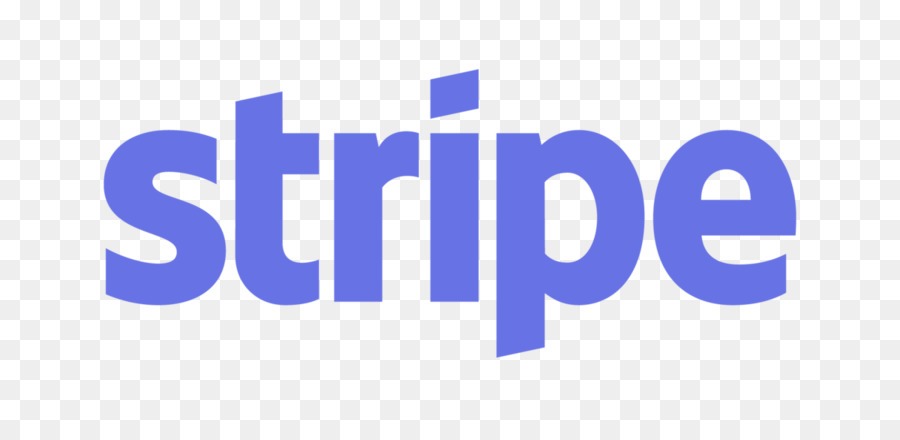
We use Stripe, one of the world’s largest and most secure payment platforms.

The Carbon Trade Exchange is backed by the Westpac Banking Corporation that guarantees transactions and provides rigorous measures to protect our customers.
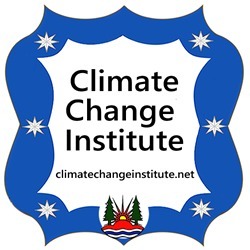
Offsets are purchased through the Climate Change Institute where they are subjected to a rigorous verification and certification process.
After purchase, you will receive a certificate showing the amount of tonnes you have bought, along with their serial numbers. These can be independently verified on the Gold Standard registry, where the full project specifications are also recorded.
Biomass Waste Projects
[metaslider id=”3145″]
Biomass projects reduce the amount of GHG gasses going into the atmosphere and address the local environmental impact of landfills They also, boost local economies and foster recycling skills in developing countries.
SITUATION
When organic waste starts to decompose it releases methane, a potent greenhouse gas. In the past, there has been a lack of measures to control greenhouse gas emissions from being released into the atmosphere from landfills in developing countries.
SOLUTION
Waste Projects have the potential to keep millions of tonnes of CO2 out of the atmosphere each year. They aim to address the environmental impact of landfills by managing waste and remaining organic matter.
IMPACT
By preventing methane emissions from being freely released, the project is helping to combat climate change. They can also reduce the amount of waste going into landfill through a stringent recycling, which prevents soil contamination.
OUTCOME
These type of projects reduce the amount of greenhouse gases going into the atmosphere, improves the local environment and can boost local small economies by creating local employment that stimulates recycling skills in developing countries.
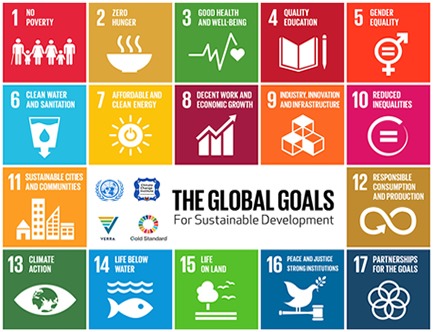
Offset certificates finance verified projects that reduce and eliminate carbon which are subject to a rigorous registration and verification process.
Projects can include wind, solar, hydro, biomass energy recovery, geothermal and GHG abatement. They aim to reduce greenhouse gas emissions whilst supporting sustainable development in developing countries. To deliver genuine emission reductions and meet the UN’s Sustainable Development Goals.
Verification
Certified projects must have the following attributes
Transparency
Information on the project is made readily available.

Efficiency
Projects should offer efficient methods to reduce carbon.

Validity
Projects must be certified to world standards and the procedure fully documented.

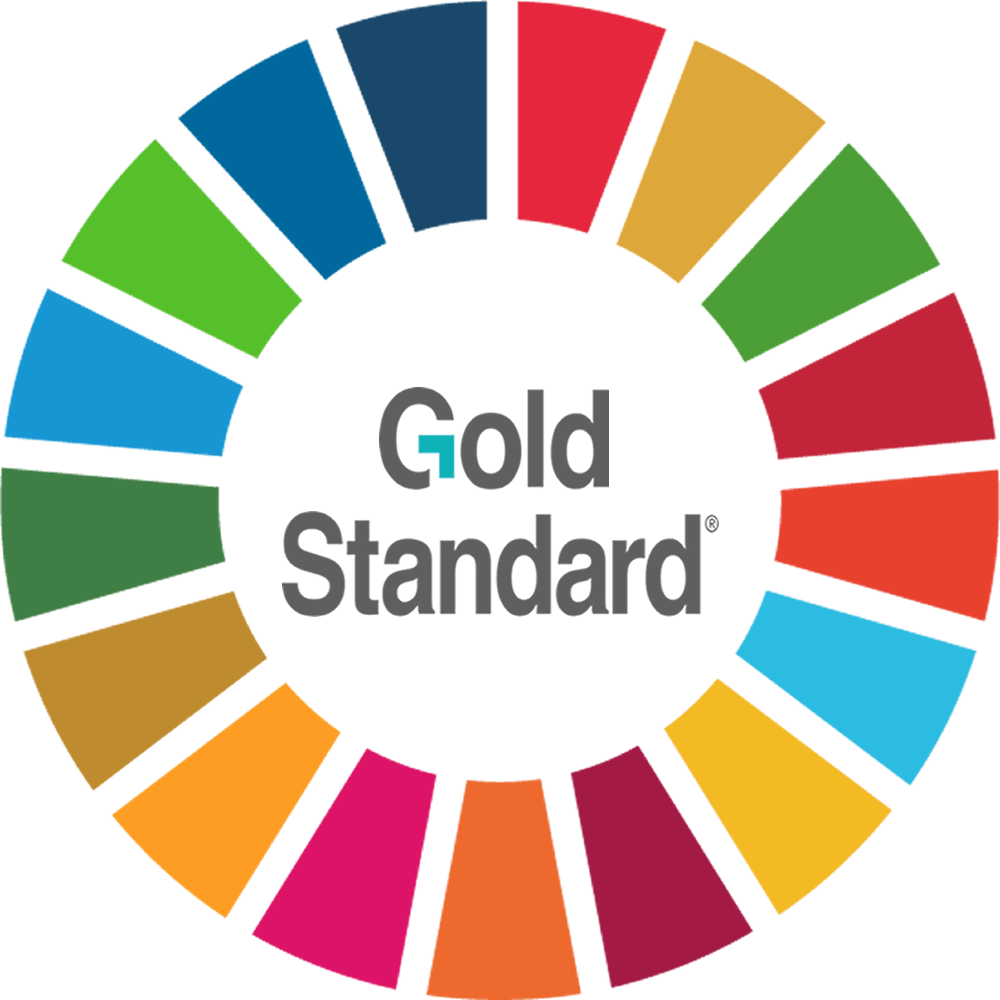
The Gold Standard Registry issues carbon credits, each is equivalent to one tonne of CO2e. It is the central repository for all information and documentation relating to Gold Standard projects and units. The Registry also ensures the uniqueness of projects and credits in the system. Projects are subject to a rigorous verification process where transparency underpins the positive outcomes of the carbon projects.
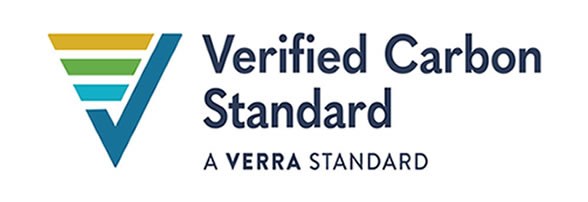
Verra carbon credits are issued under the Verified Carbon Standard (VCS) Program, a leading greenhouse gas (GHG) crediting program. Verra sets the world’s leading standards for climate action and sustainable development. VCS projects have reduced or removed nearly one billion tons of carbon from the atmosphere with activities that reduce and remove emissions, improve livelihoods, and protect nature.
- Additionality: The project is justified and the the carbon emission reductions achieved by the project would not have occurred without the additional funding.
- Permanence: Projects should demonstrate that the emissions reductions achieved by the project will be permanent and the carbon must remain stored for a long enough period to achieve the intended climate benefit.
- Verification: Projects must be verifiable and correctly accounted for, have a low risk of non-additionality, reversal, creating negative unintended consequences, and all forms of double-counting, including double-claiming of the emission reduction benefit, are avoided.
- Co-benefits: Projects may have have additional co-benefits such as poverty reduction, biodiversity conservation, and sustainable development and this should be considered.
Carbon Offset Certificates finance verified projects which slow down the rate of global warming, buying time for the world to make the transition to low-emission economies.
[metaslider id=”2769″]
We assist companies and individuals to go carbon neutral by offering wholesale prices direct from the trading floor of the global carbon spot exchange. Trading floor offers move rapidly, so we select the best projects on a daily basis. We negotiate bulk discounts for our 200,000 followers, allowing us to pass on the best market price.

